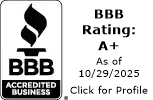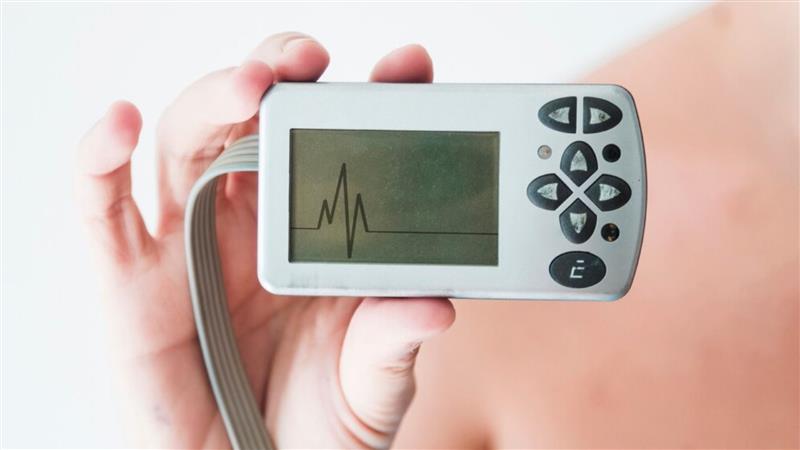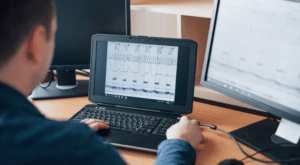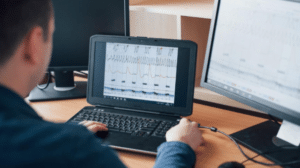Polygraph exams are designed to measure physiological responses associated with deception, such as respiration, heart rate, blood pressure, and skin conductivity.
The tests are typically used in law enforcement to prove whether or not the examinee has committed a crime. Besides, they’re administered by numerous companies during employee recruitment procedures to validate job applicants’ claims.
Since polygraph evaluations can put the defendant’s reputation (and sometimes their life) on the line, they must attain the highest possible accuracy score. But just how precise are lie detector tests in detecting deception?
Let’s find out.
Factors Influencing Polygraph Accuracy
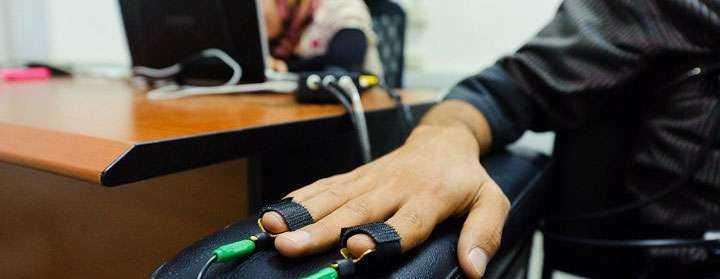
In 2010, the American Polygraph Association (APA) unveiled standards that require polygraph techniques deployed in specific issue testing to attain an accuracy score of at least 90% to be validated. These requirements have been widely disputed, with some reviewers putting the accuracy score as low as 64%.
Either way, many lie detector tests continue to fall short of the industry’s benchmarks. Some polygraph exams are also riddled with fraudulent allegations, casting more aspersions on their credibility.
The reality is that lie detector tests can vary in accuracy, depending on several psychological and physiological factors.
1. Psychological Factors
A polygraph examinee’s psychological disposition can impact the test’s accuracy. For instance, stress and anxiety may affect certain physiological responses like heart rate, potentially leading to false positives or negatives.
2. Physical Factors
Certain ailments and medications can impact the accuracy of lie detector tests. That’s especially true for conditions/drugs that impair the autonomous nervous system (ANS), such as Parkinson’s disease, alcohol use disorder (AUD), nicotine, and cholinesterase inhibitors.
3. Examiner’s Experience
Polygraphs administered by qualified examiners typically deliver higher accuracy scores. A professional examiner will follow proper question design rules, prepare the defendant adequately for the exam, and conduct the test using industry-approved techniques.
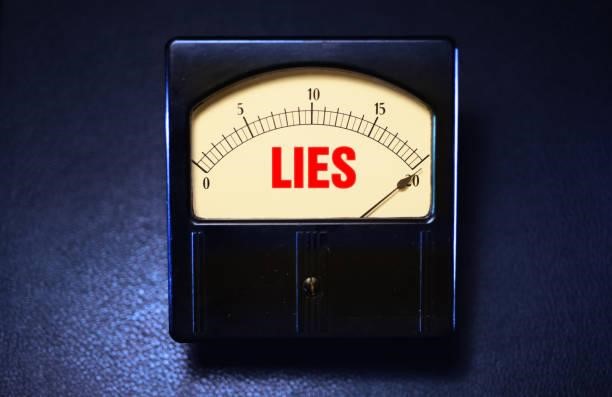
Accuracy Claims vs. Critiques
Opinion remains sharply divided on the accuracy of polygraph tests.
Advocates hold that since polygraph tests assess physiological responses synonymous with lying, their credibility is beyond reproach as long as they’re administered by a qualified examiner. They add that even in the presence of mitigating factors, professional examiners can still deliver accurate results by gauging the responses against predefined physiological baselines.
However, polygraph skeptics take issue with the fact that these tests lack solid scientific backing. Critics particularly cite the Daubert ruling of 1993, in which the Supreme Court spelled out four preconditions for the legal admissibility of evidence as follows;
- Practicality – A theory/technique must have been tried and tested
- Evaluation – A theory/technique must be peer-reviewed and published
- Accuracy – A theory/technique must be proven or reasonably believed to be highly accurate
- Application – A theory/technique must be applied in its relevant scientific field
Further, critics hold that jurors are professionally equipped to gauge the credibility of defendants or witnesses with or without lie detector results.
In a case study examining the accuracy of polygraph tests, researchers validated common assertions that lie detector tests are remarkably accurate if professionally administered.
However, they noted that polygraph exams were vulnerable to inaccuracies in subjects with autonomic dysfunctions. This underscores the significance of establishing an examinee’s baselines before subjecting them to a polygraph test.
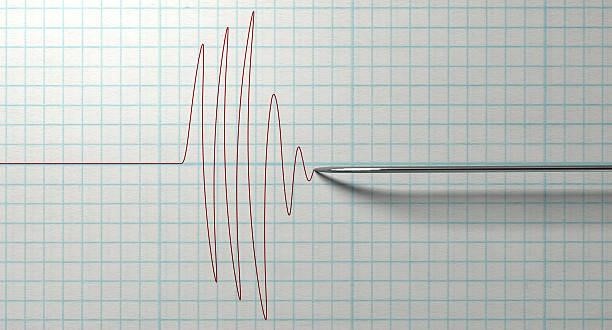
Methodological Considerations
To enhance the accuracy of lie detector tests, examiners must apply standardized testing procedures. That entails subjecting the defendant to pre-test interviews, the in-test phase, and the post-test interviews. Besides, polygraph questions must be probative of the subject under investigation and not wildly ambiguous.
An examiner’s experience and training also play a critical role in influencing the accuracy of lie detector tests.
In addition to receiving professional training from an APA-accredited school, an aspiring polygrapher must obtain practical experience through an internship and be a member of reputable polygraph networks. It’s also worth noting that unilaterally obtained polygraph exam results are almost always inadmissible. The tests are only deemed credible if both parties (polygrapher and examinee) agree.
Moreover, there’s a need for proper application of control questions and experience in detecting countermeasures. Control questions enable polygraph examiners to detect deception by asking general questions about the subject’s past misdeeds. The idea is to elicit physiological responses so polygraphers can gauge those reactions against responses to questions on the actual crime under investigation.
Despite applying control questions, deceptive characters will always attempt to beat polygraphs by deploying countermeasures (such as drugs and biofeedback techniques). A polygrapher must be well-equipped to professionally challenge these countermoves.
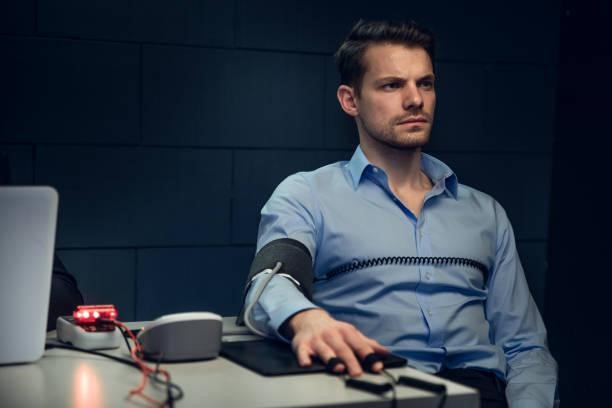
Safeguarding the Accuracy of Polygraph Tests
Six reviews of previous scientific studies found that polygraph exams have an accuracy score between 64 and 98%. Multiple factors account for the variance, including the defendant’s physiological and psychological baselines, the examiner’s experience, and the general polygraph techniques used.
Since polygraph test results are legally admissible in several states and various non-legal fields, examiners must pull all the stops to ensure each test achieves the highest score possible.

